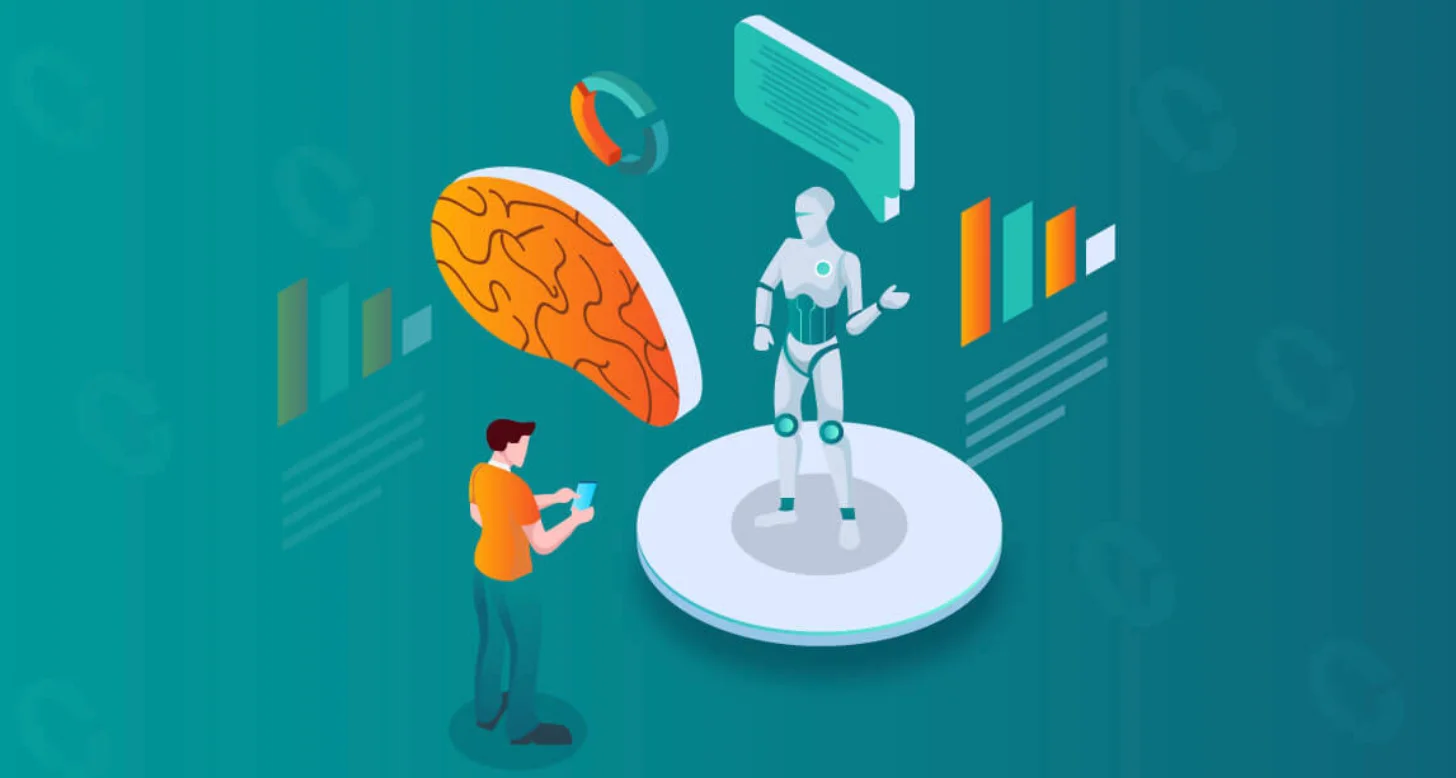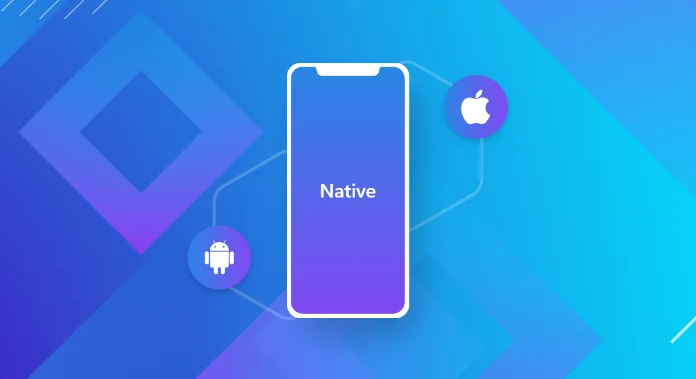Knowledge management has always been a cornerstone of business success. Yet many companies struggle to capture and use the most valuable form of knowledge—the tacit know-how that lives in employees’ minds. This implicit knowledge is hard to document and share, often getting lost when people change roles or leave. Today, agentic AI is emerging as a powerful solution to turn this hidden expertise into practical action, transforming how organizations learn, adapt, and grow.
Agentic AI refers to AI systems designed to operate with a degree of autonomy, reasoning, and goal-directed behavior. Unlike simple automation scripts or traditional bots that follow rigid rules, agentic AI can interpret instructions in natural language, make context-based decisions, and perform complex tasks independently. In knowledge management, this enables businesses to capture tacit knowledge in a dynamic way, using the AI’s ability to learn from human interactions, workflows, and feedback over time.
One of the biggest challenges in knowledge management is that most critical expertise is not written down. Employees develop unique problem-solving skills, shortcuts, and domain-specific insights through experience. This tacit knowledge often stays siloed or disappears entirely if there is no system to share it. Agentic AI can observe workflows, analyze communications, and interact directly with employees to learn these patterns. It then uses this understanding to help others perform similar tasks, effectively scaling individual expertise across the organization.
For example, in customer support, agentic AI can analyze thousands of agent-customer interactions to learn subtle techniques for resolving complex issues. It can then guide new support agents in real time, suggesting tailored solutions based on past successful cases. This not only improves the quality of service but also reduces training time, empowering staff to reach expert levels faster.
Agentic AI also excels at transforming unstructured data into actionable insights. Traditional knowledge bases often rely on manually curated articles, which become outdated or incomplete. By contrast, agentic AI can automatically summarize meetings, extract key decisions, and organize information so teams can easily find what they need. This dynamic approach ensures that knowledge management systems stay current and relevant, supporting better collaboration and decision-making.
Another advantage of agentic AI is its ability to adapt over time. Unlike static systems, it learns continuously from new interactions and data. As teams adopt new tools or processes, the AI updates its understanding, ensuring recommendations and guidance remain aligned with real-world practices. This adaptability is crucial in industries where knowledge evolves quickly, such as technology, healthcare, or finance.
Moreover, agentic AI democratizes access to expertise. Instead of relying on a few experts to answer questions, employees can consult an AI-powered assistant that understands the organization’s context and history. This reduces bottlenecks, empowers staff at all levels, and promotes a culture of continuous learning. Employees are more likely to share their own knowledge if they see it being valued and effectively used by others.
Privacy and security are important considerations when deploying agentic AI in knowledge management. Organizations must ensure the AI handles sensitive data responsibly, with clear guidelines on what information is shared and how it is used. With proper governance, agentic AI can balance the need for knowledge sharing with respect for confidentiality and compliance requirements.
Implementing agentic AI for knowledge management does not require a full technology overhaul. Many solutions can be integrated with existing communication platforms, project management tools, and documentation systems. This means organizations can start small, automating high-impact areas first, then expanding as they see results. Over time, the AI’s growing knowledge base becomes a strategic asset, helping businesses respond faster to challenges and opportunities.
In conclusion, agentic AI represents a significant leap forward for knowledge management. By turning tacit knowledge into actionable guidance, it helps organizations unlock the full value of their human expertise. It enables businesses to scale learning, improve decision-making, and maintain a competitive edge in an environment of constant change. As companies look to the future, embracing agentic AI in knowledge management is not just a technological upgrade—it’s a strategic investment in their most important asset: their people.

David Weber is an experienced writer specializing in business and related fields, delivering insightful and informative content for diverse audiences.





